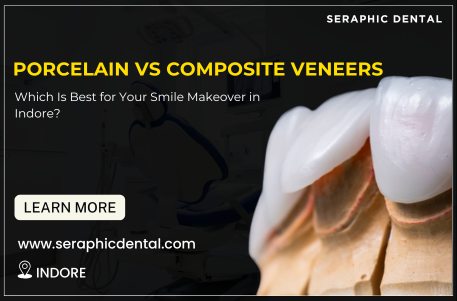When faced with the challenge of replacing missing teeth, dental bridges emerge as a reliable solution, restoring both function and aesthetics to your smile. However, navigating the array of available options can be daunting. Let’s unravel the intricacies of different types of dental bridges, shedding light on their unique characteristics, pros, and cons, to help you make an informed decision.
Traditional Bridges: As the most common type of dental bridge, traditional bridges consist of artificial teeth (pontics) held in place by dental crowns affixed to adjacent natural teeth. They offer stability and durability, restoring chewing function and preventing adjacent teeth from shifting. However, the process involves significant alteration of adjacent teeth, which may compromise their long-term health.
Cantilever Bridges: Cantilever bridges are similar to traditional bridges but differ in their anchoring method. Instead of crowning adjacent teeth on both sides of the gap, a cantilever bridge relies on support from only one adjacent tooth. While this conserves the structure of one tooth, it may exert greater stress on the supporting tooth, potentially leading to complications over time.
Maryland Bridges: Also known as resin-bonded bridges, Maryland bridges utilize a metal or porcelain framework bonded to the back of adjacent teeth with minimal alteration. This conservative approach preserves natural tooth structure while providing a secure anchor for the pontic. However, Maryland bridges may not be suitable for replacing missing molars or areas with high bite forces.
For those seeking guidance from an orthodontist in Indore, understanding the nuances of each bridge type is crucial. Traditional bridges offer stability but involve significant tooth alteration, while cantilever bridges conserve natural teeth but may impose stress on supporting teeth. Maryland bridges provide a conservative option but may not withstand heavy bite forces.
Dental bridges in Indore offer a versatile solution for restoring missing teeth, with each type catering to specific needs and considerations. By exploring the pros and cons of traditional bridges, cantilever bridges, and Maryland bridges, you can embark on your journey to a complete and confident smile with clarity and confidence.




